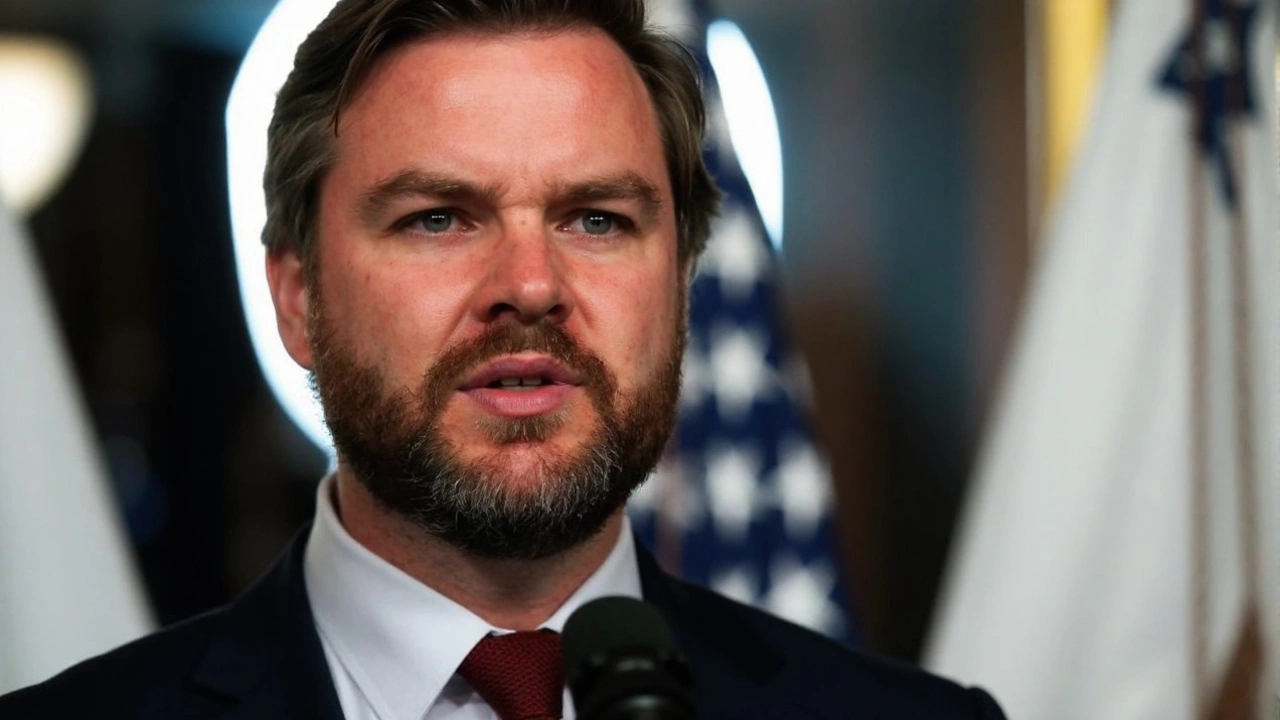Vance's Contentious Remarks at Munich Security Conference
On February 14, 2025, US Vice President JD Vance delivered a controversial address at the Munich Security Conference, stirring strong reactions from both European political figures and US Democrats. Vance's speech, which targeted European leaders' immigration and free speech policies, has been criticized as an exercise in hypocrisy. According to Vance, Europe is battling an existential threat arising from internal cultural dilemmas, which he stated posed a more significant danger than external threats like those from Russia.
The speech's content and timing were shocking to many, especially because it occurred less than ten days before Germany’s crucial elections on February 23. Vance encouraged Germany's mainstream political parties to engage with the far-right Alternative for Germany (AfD) party to tackle migration issues, eliciting immediate rejection from German officials. Defense Minister Boris Pistorius strongly opposed Vance's advice, emphasizing Europe's democratic sophistication and labeling comparisons to authoritarian regimes as "unacceptable." Further disapproval arose from a government spokesperson who criticized Vance for meddling in German domestic elections.
Responses and Reactions from Democrats and Beyond
Back in the US, Democrats voiced their dissent, calling Vance's message hypocritical, pointing to the Trump administration’s checkered history concerning free speech and immigration policies. Many felt that the criticism was rich coming from Vance, given America's own challenges in these areas.
While tensions simmer over these cultural critiques, expectations for Vance's speech were centered around more pressing transatlantic security concerns, such as the ongoing conflict in Ukraine and NATO's defense expenditures. Yet, Vance’s divergence from these pressing issues only fueled the fire, especially when Defense Secretary Pete Hegseth suggested that American troop deployment in Europe could hinge on whether European nations meet their defense spending commitments. This geopolitical stance stirred unease among European allies who are already grappling with calls for greater military autonomy.
In light of these developments, NATO Secretary General Mark Rutte has been reiterating the need for European countries to fulfill their 2% GDP defense spending goals, prompting serious discussions on European defense readiness and cooperation.
The situation underscores an evolving tension in transatlantic relations, as evidenced by the Munich Security Council's recent poll showing a growing perception of the US as a security threat among Germans, equating their apprehensions with that of North Korea. The fallout from Vance's speech indicates that balancing diplomatic language with strategic security concerns remains a nuanced and critical journey for both American and European leaders moving forward.
